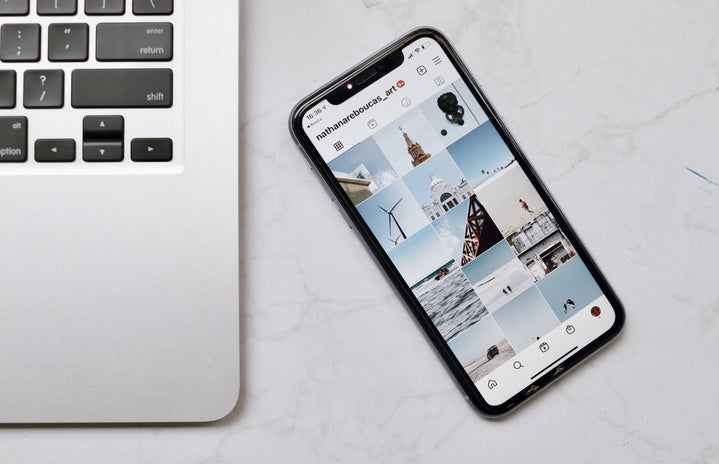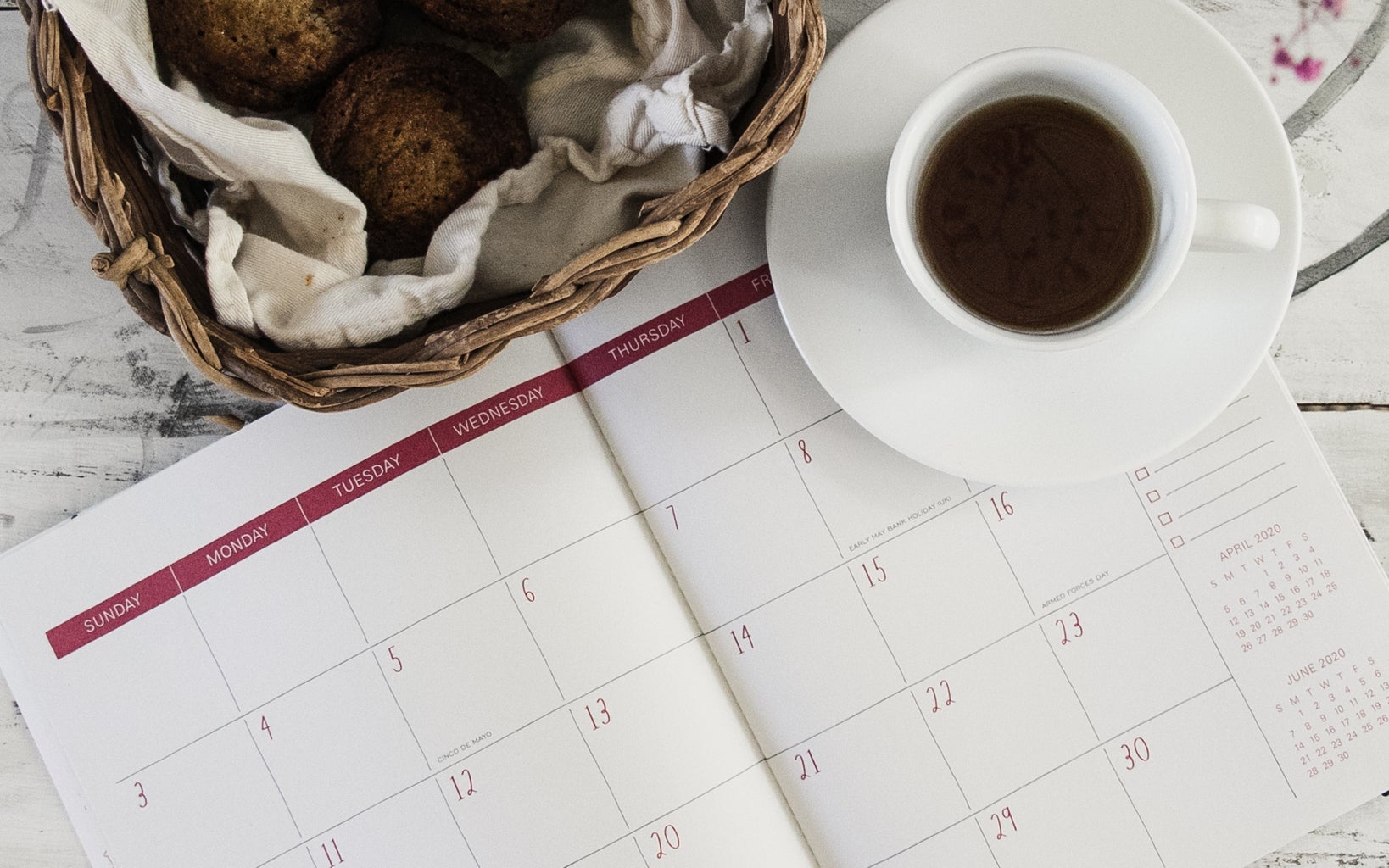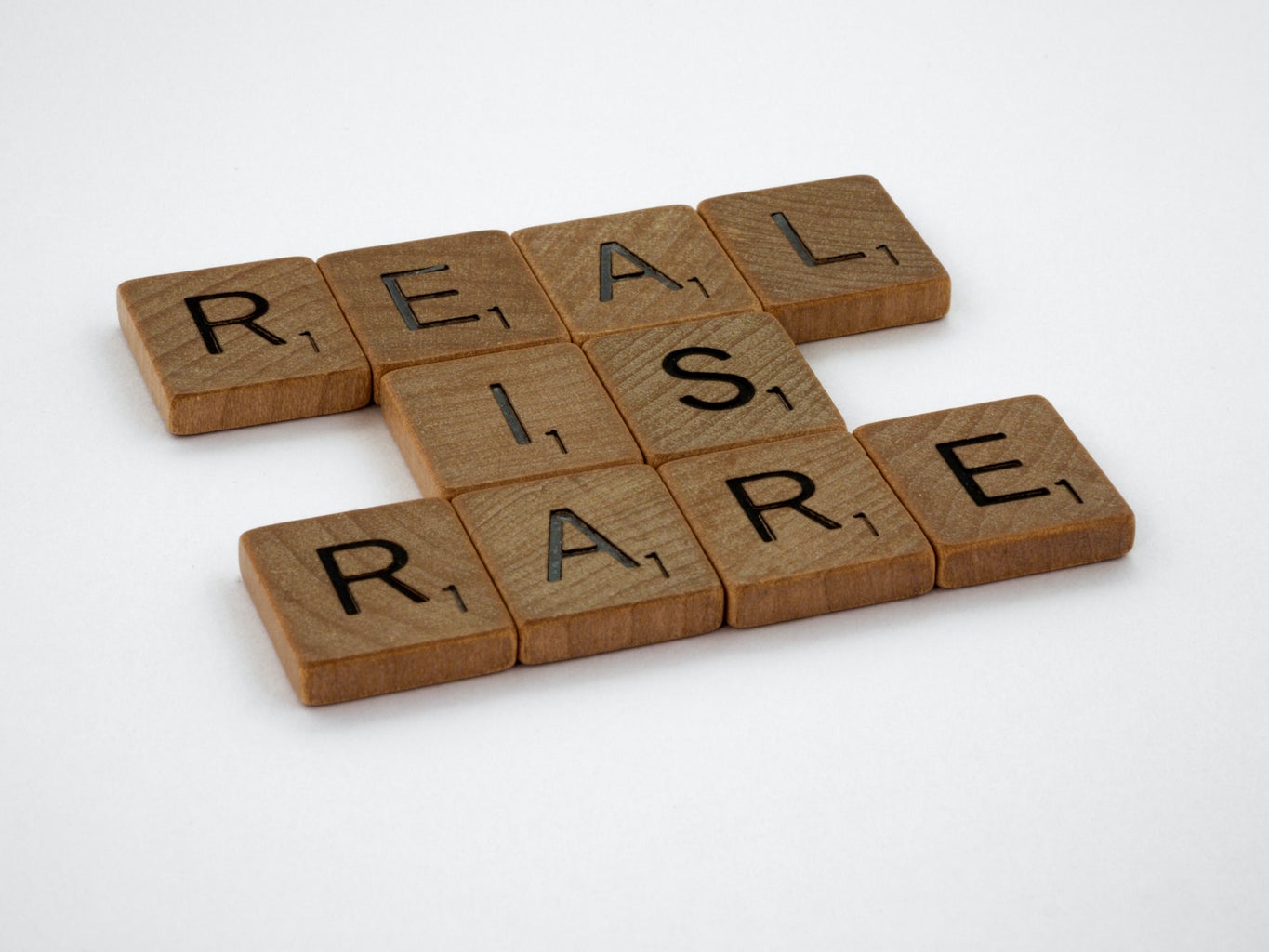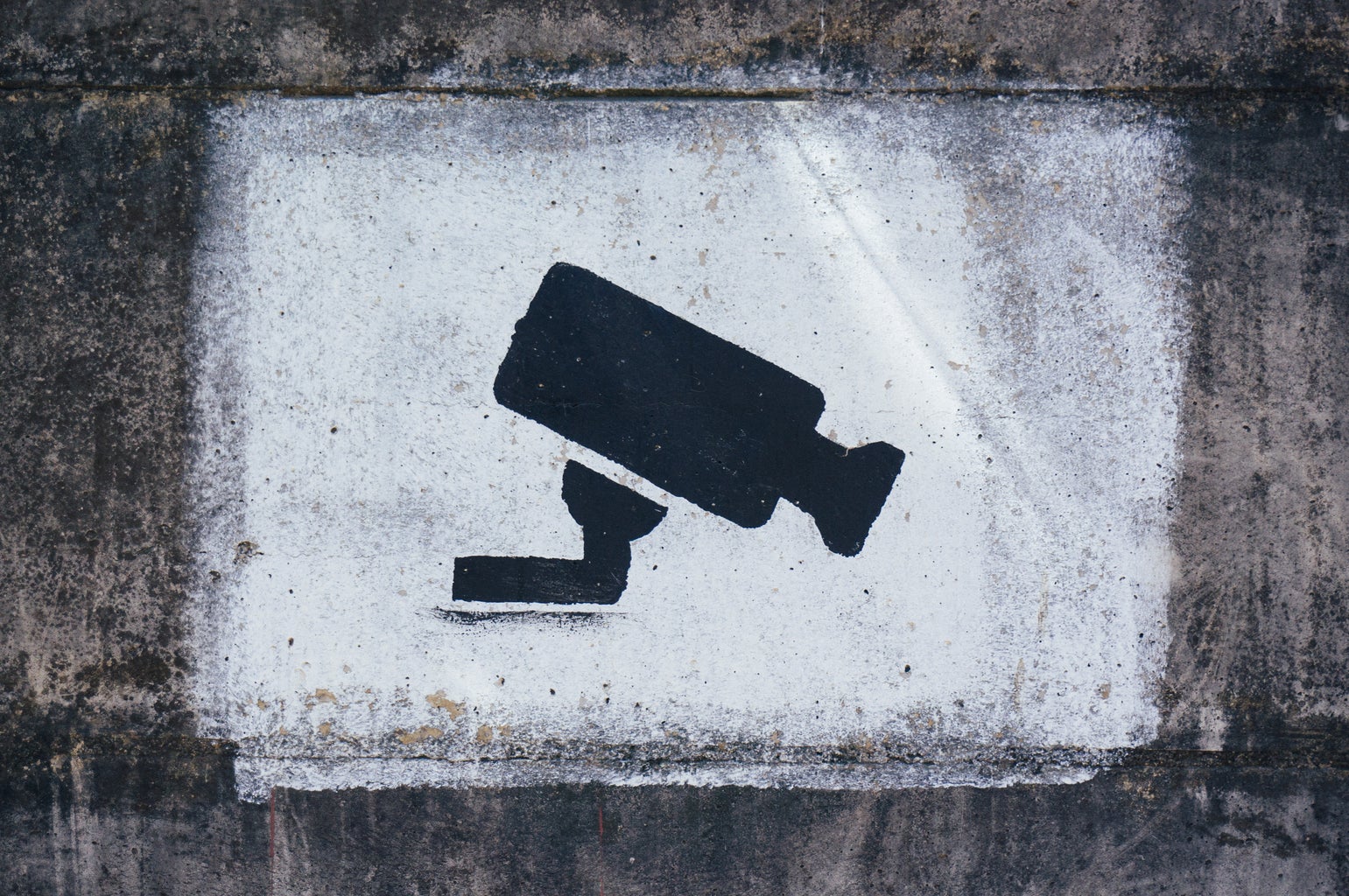Every morning when I awaken to the shrill sound of my alarm, I follow the same routine. I grab my phone, shut off my alarm and immediately explore my social media accounts. If I have extendable times in my mornings, checking my accounts could take upwards of half an hour.
It’s almost like during the night, my mind and body fast from such a huge part of my life and I wake up with a type of withdrawal. I feel the need to get my fix before I start my day.
I’ve tried to break this sticky habit time and time again. I’m very aware that it sucks, yet I can’t seem to shake it.
Social media within itself isn’t inherently bad or good- it’s neutral. There just happens to be a large margin of impact. Social media can have the power to take up copious amounts of hours in our lives. Lots of this time is spent observing the best aspects of people’s lives. This can negatively affect our mental health.
It can also be a great tool to start a business, network, and connect with people.
The key is finding the right balance between real life and online life.
Like me, many other young adults struggle to create a healthy relationship with social media. Here are five ways to have a healthier relationship with the internet:
- schedule time online
-
In one of my many attempts to distance myself from Instagram, I vowed to only use social media from Friday to Sunday, while the app was deleted on my phone from Monday to Thursday. This lasted no longer than a month, but when I was diligent with this plan, I felt far more accomplished.
Having the boundary with myself of when I should and shouldn’t go on my account allowed me to have healthy space away from it.
During the week, I definitely had moments where I itched to be on my Instagram account and see what everyone was up to, but knowing I had a set time to do so was helpful.
In retrospect, this plan was a bit extreme and not sustainable for someone like me who uses social media for more than just personal use, but there is value in having scheduled boundaries. Maybe that looks like only using social media for a set time every day or having certain days off.
Schedules are helpful for everyday life. Scheduling social media time could be a great addition to our scheduling routine.
- don’t believe it’s all real
-
A friend of mine who pursued acting once brought up an illuminating perspective. Movies are so interesting because they only focus on a couple of hours of a person’s and/or people’s lives. The very nature of entertainment preys on human nature to crave action. In a similar way, social media emphasises the best parts of people’s lives.
One of the most toxic facets of social media is its nature of emphasising the best parts of people’s lives. Although transparency online is becoming less stigmatized, most people don’t broadcast their mundane or difficult moments online.
Generally speaking, photos are posed, edited, and curated to show the best of the user. It’s a normal desire to want to look good and present our best to the public, but consistently seeing this aspect of Instagram users’ lives can make us think our lives should be the best all the time.
It’s impossible for life to be perfect all the time. Everyone has feelings. Everyone hurts. Everyone has bad days.
It’s vital to remember the balance of life. There are highs and lows. No matter what it seems like on social media, nobody has a perfect life.
- watch who you follow
-
Social media is filled with a variety of accounts. Most communities are somehow represented somewhere online.
This is both a good and bad thing. It can be great to connect with other people who have the same niche as you. It can also be incredibly negative to follow people who evoke negative emotions too.
For example, I really hate gore and violence. I could go the rest of my life without seeing scenes of that nature. My boyfriend on the other hand loves nature and the great big circle of life. He follows a few accounts that display and celebrate the wilderness and how animals survive.
He knows not to look at these accounts when I’m around. Watching a little bunny get completely mauled by an eagle is not my idea of a leisurely pass time.
Be selective with what and who you watch. What we see directly affects us and how we think.
- self-confidence
-
A huge part of having a healthy relationship with social media is self-confidence. As I mentioned before, life online looks a lot different than life most of the time. It’s easy to get swept away in this culture.
Confidence is important because it causes us to feel happy where we’re at. If we can feel content with ourselves and our lives outside of the internet, we can see it for what it is.
Social media is a highlight reel of all the things we want our followers to see. Having awareness of this can separate the real from the fake.
It can take a lot of time to be able to appreciate the good aspects of our own lives, but when we do it can give a lot of power. There’s power in knowing you’re happy, but understand that life will not always feel this way. There is also power in knowing that other people’s happiness is not greater or less than yours. It’s all relative. Self-confidence can help navigate through this.
- take time apart
-
It seems as if at least a few of my followers have deactivated their accounts temporarily. I, too, have done this.
I find that in moments of high distress or intense emotions, I need a break from social media. I either get more worked up from seeing everyone’s apparent perfect life, or dissociate from my own problems, both of which are unhealthy coping mechanisms.
In times when I’m comparing my life to those of my followers, it can be bleak and isolating. It can feel like everyone’s happy and I just can’t seem to get there.
On the other hand, when I use social media as a way to dissociate, it further pushes me away from addressing any problems in my life.
Social media breaks allow the time and space to be more present with yourself. Our lives transcend our online presence. We all have family, friends, hobbies and interests that exist in real time. It can be grounding to take a step away from the virtual world and realign with the other important things.
Like any relationship, there needs to be boundaries, reflection and space. This applies to the internet. Despite its consuming nature, we can create a healthy relationship with social media. It just needs to be properly worked on and maintained.







